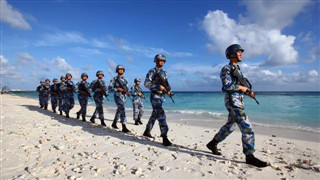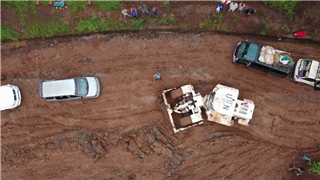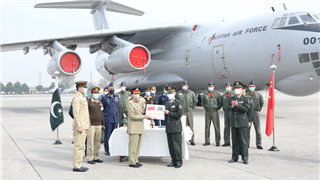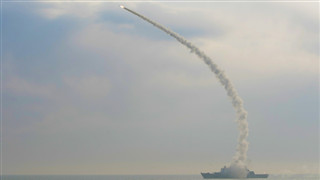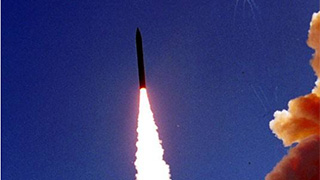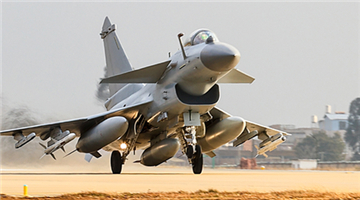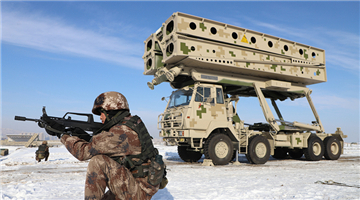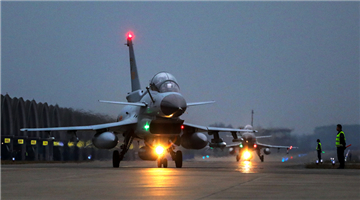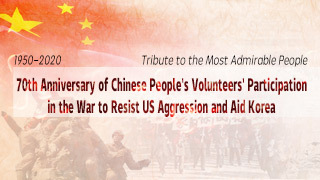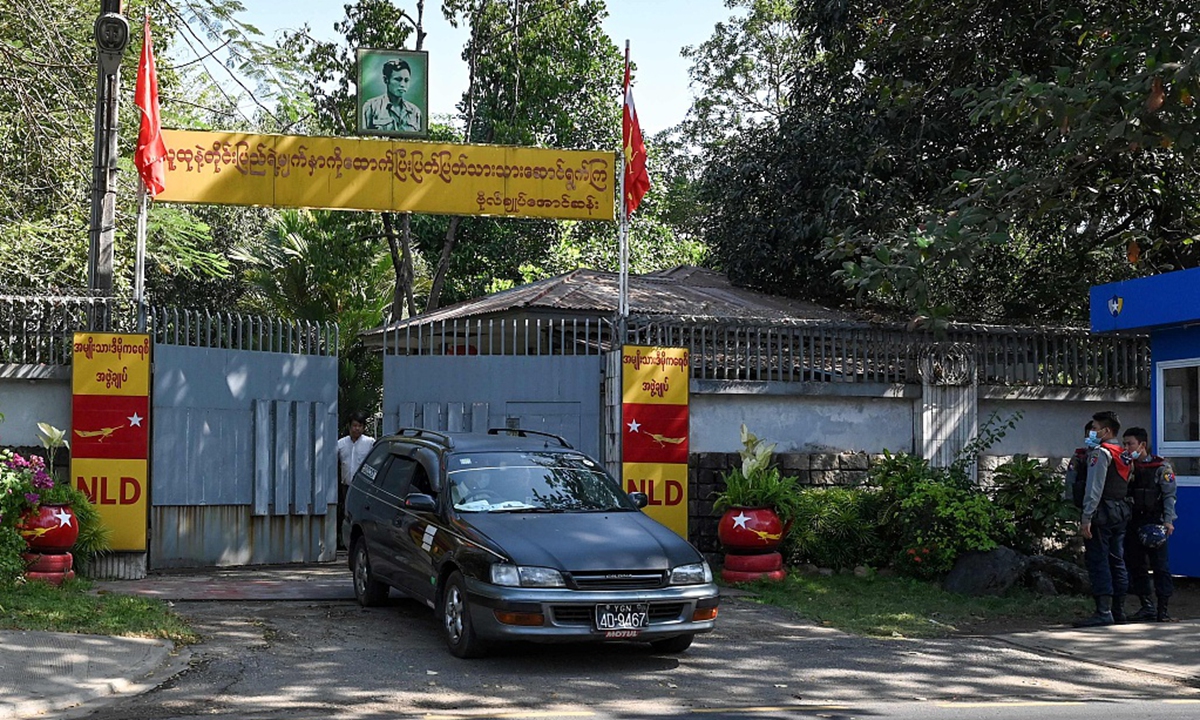
After Myanmar's military detained State Counsellor Aung San Suu Kyi, President U Win Myint and other elected leaders in early morning raids on Monday, a popular view in the West is that US President Joe Biden should seize the chance to restore the US' global leadership.
An editorial in the Washington Post on Tuesday said, "This is an opportunity to show they can deliver," since "Mr. Biden and his national security team have pledged to reestablish U.S. leadership on vital multilateral issues." A Monday article in Foreign Policy magazine argued it would "give the US a badly needed chance to reassert its role as leader of the free world."
The US' international influence and reputation have severely declined under Trump's rule. Now with the Biden administration being in office, it badly needs to take some measures to restore the leading status and influence of the US in the international community and among Western countries.
However, the US taking intervening in Myanmar as a chance to restore its influence and rebuild leadership among Western allies exposes the US' true hegemonic and selfish nature.
The US has taken interventionism for granted to prove its pledge to defend democracy, regardless of what the people of Myanmar truly need. Calling the detention of Myanmar's elected leaders "a direct assault on the country's transition to democracy and the rule of law," Biden on Monday threatened to re-impose sanctions on Myanmar. Issuing verbal threats is the first step. The US' next moves will likely hinge on how Myanmar's military responds to Western demands and condemnation.
If Myanmar military refused to relinquish power as the US has demanded, it's likely that Washington will re-impose sanctions that had gradually been rolled back by Obama. Another possible scenario is that the US and other Western countries may further increase efforts to cultivate and support pro-democracy forces in the country - what Myanmar military is not willing to see. Now, the US and the West have shown their strong interventionist posture. The wrestling between the West and Myanmar's military will continue for a long time to come.
The most urgent problem in Myanmar right now is for relevant parties concerned to sit down and have in-depth, sincere and frank talks on the issues they are facing - and reach a certain degree of compromise. However, the US never cares about what Myanmar really needs. It always perceives the Myanmar issue according to its own desires and interests.
After the military seized power in Myanmar, some Westerners' sentiments have been ever more complicated. They are now arguing that the "democracy" under Suu Kyi (the once icon of democracy they championed) was flawed. Yet ironically, they also contend that Suu Kyi's "failings do not mean Myanmar's limited democracy is not worth saving." The mainstream Western voices hope that Myanmar's political transformation can continue to achieve the West's expectations and general directions. They see the Myanmar issue as a test for defending democracy and freedom. Have they ever really considered what caused this current dilemma?
The political democratization that the West has been advocating is not a panacea for developing countries who have their own distinct internal conditions. Political instability is actually one of the major problems faced by many Southeast Asian countries. The kind of political transformation the West seeks seldom sees long-term success in developing countries.
But this model may also leads to repeated political turbulence, failing to meet these countries' actual situations. This is what has happened in Myanmar this time. It also applies to the political turbulence that happened in Thailand before.
These cases actually show that Western-style democratization is indeed a crude model that does not take into account the reality of developing countries. The West should not force developing countries to accept their model. Serious Westerners should instead study and research the actual situations of those countries and their development goals more carefully. This way they can craft more mutual understanding with developing countries, including Myanmar.
The article was compiled based on an interview with Bi Shihong, a professor at Center for China's Neighbor Diplomacy Studies and School of International Studies, Yunnan University. opinion@globaltimes.com.cn
